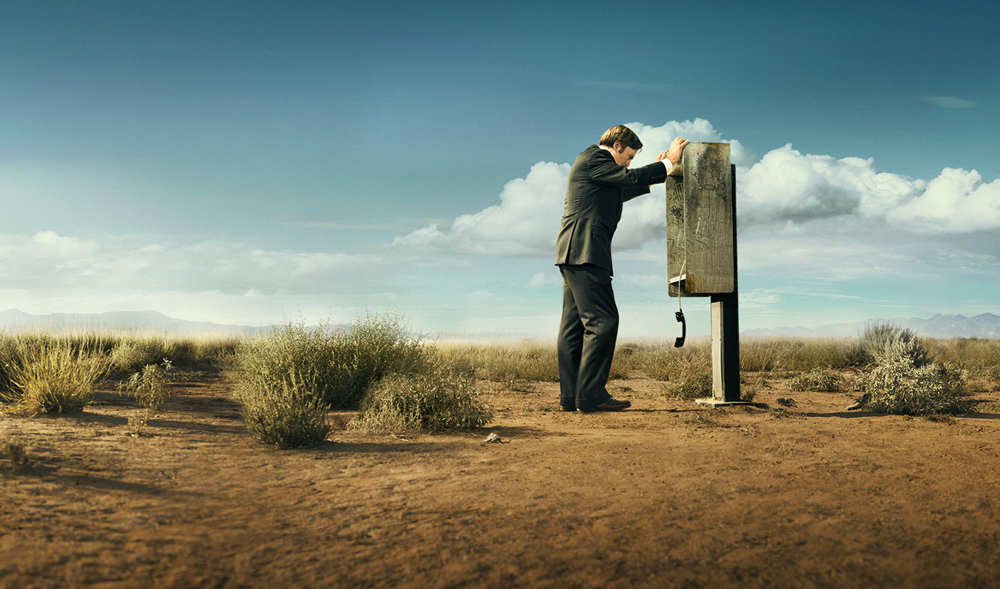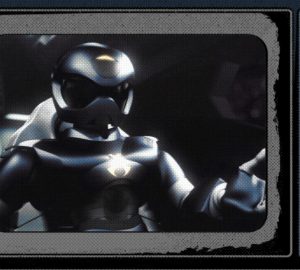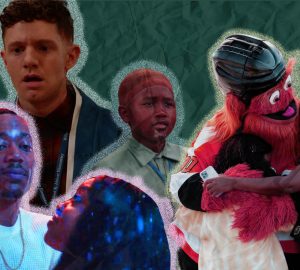‘Better Call Saul’: spinning off in the right direction

Written by Kendric Chua, contributor
When a spinoff is introduced, the level of expectation begins where its predecessor left off. “Breaking Bad” and “Better Call Saul” dignify themselves individually, but it’s hard not to compare the child to its parent. The fact that “Breaking Bad” won 16 Emmy awards definitely has an effect on the opinion. But let’s be fair here, set aside loyalties and petty first impressions, and get down to the nice gooey center that makes “Better Call Saul” a hit.
Before anything else, let’s take a look at where we are in the timeline. The series is a spinoff and prequel of the 2008 success “Breaking Bad” which takes place a few years before we can call our hero “Saul Goodman.” The series begins a little after the start of his career as a lawyer and way before he had Walter White sitting in an office that actually had a front desk and a waiting room. In this prequel, we meet him as Jimmy McGill, an ex con-artist and the brother of a respected partner of the law firm, HHM. We catch him in the middle of trying to clean up his act and make up for past mistakes while struggling to do this in a wholesome and fair approach. Shortcuts and quick fixes define the decisions he makes as he attempts to reach the level of his superiors, which you will soon realize isn’t that far away from how he behaved in his prior “profession” as a considerably talented scammer. It’s easy to see that the clever Jimmy/Saul has only begun to scratch the surface of his potential. When using his law degree, he shifts between being the man he wants to be — a man who wants to straighten his life out — and the man he was. The series takes us through his struggles to maintain his conviction to keep a clean practice, his tendency to hold on to his criminal past, and his transformation into Saul Goodman. The strength of the writing of season one is evident in that you don’t need to have watched “Breaking Bad” in order to enjoy this series, although having that experience makes it a bit more personal.
I think it’s safe to mention that both shows come out of the same sardonic remains of series that have risen to popularity during this age of television that began when “Dexter” marked the rise of the antihero. “Better Call Saul” is generally lighter, with a lot less of the dark and grim beats that “Breaking Bad” steered into. Although we’re at the beginning of the series – it might be too early to judge a plot in its entirety – the show is definitely setting itself up to be viewed in a slightly comedic light. A plunge into the darkness is what we got during the first season of “Breaking Bad,” a rough and remarkable descent into the tragic side of the human experience. It’s nice to see that its spinoff did not follow in those footsteps. “Better Call Saul” is essentially the first show of its kind from AMC that isn’t a gripping drama in its essence. Quite frankly, the show has been relying on its cynical comedy to carry our protagonist’s story, an origin story that is rooted in a mocking and amusingly wry atmosphere reminiscent but not defined by the series before it.
All this talk of comedic relief doesn’t mean that there is a lack of emotional, even tear-jerking gold though. Jimmy McGill takes us into his life with a scrappy sense of wit and the ability to make you say “yeah, that’s what I would do,” despite what you might have previously thought of your own moral perspectives. The cards are stacked up against him in a way that feels raw and surreal, which is not a bad thing. You can always find other characters in “Better Call Saul” to connect with who are nuanced within the same shade of relatable qualities. I can’t guarantee the presence of a moral compass, though.
The series’ first season is shot beautifully. I can’t help but pause the video player and slow-clap whenever an ingenious edit job, lighting rig or camera technique is executed quite beautifully, which happens with steady and respectable frequency. I can define the flavor of “Better Call Saul” as vivid color blocking and quirky camera angles with the occasional techniques of the traditional drama to add some breathing space.
With “Better Call Saul,” Vince Gilligan is showing his genius again. Somehow, you can always rely on him to keep you in that sweet spot between deeply interested and slightly rattled — which, let’s face it — is where everyone has wanted to be when watching television since “Breaking Bad” took the American public by storm.



























